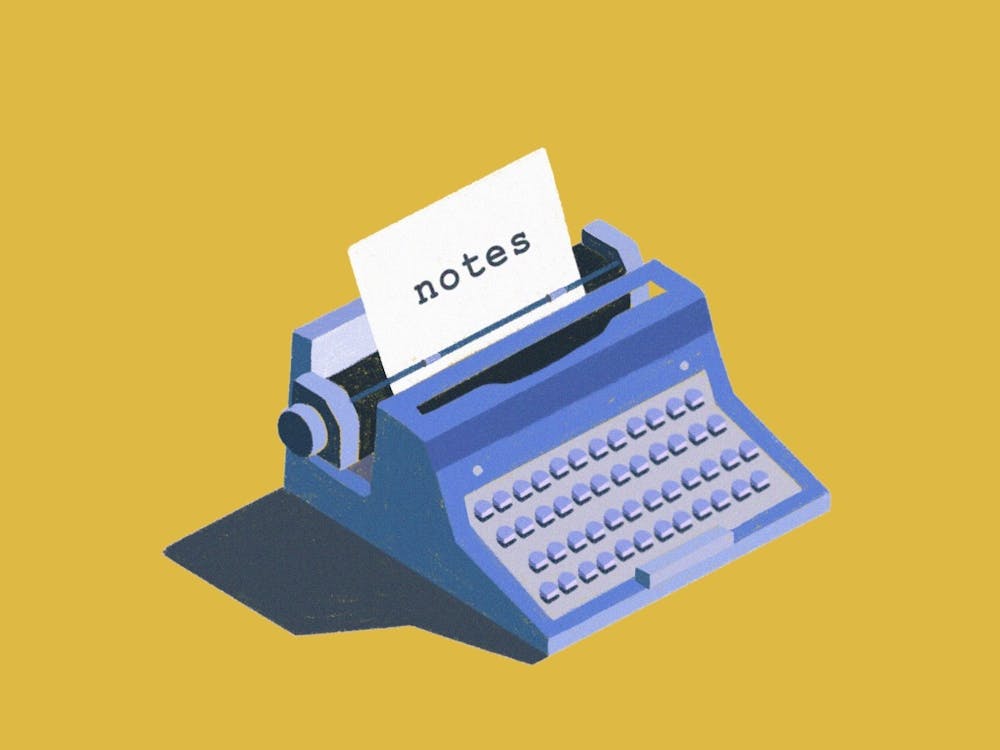North Carolina Tinder is weird. A cursory glance at my Tinder deck reveals three things: first, North Carolina guys like taking unappetizing fish pictures; second, there’s not many gay men in North Carolina; third, North Carolina guys are racist.
As a gay Taiwanese-American man, navigating these appearance-driven dating apps has been challenging — I get the impression that a lot of these men have lived in homogenously white communities their entire lives. It’s rare that anime or boba aren’t brought up in my brief conversations with them, or that I’m not asked where I’m really from.
But this isn’t a conversation that’s had in the mainstream. Asian American experiences are usually relegated to lighthearted op-eds about stinky school lunches or tweets from verified accounts championing diversity on movie screens. In the gay male community, anti-Asian racism is a normalized behavior channeled through sexual “preferences” and a lack of representation in mainstream queer media. In a broader context, discourse about Asian American experiences more often than not glosses over our struggles in a way that panders to Eurocentric ideas of the model minority.
So this week has been particularly jarring.
This week, eight people, six of them Asian women, were shot to death in Atlanta, Georgia. It doesn’t help that the shooting was described by the deputy sheriff as a “really bad day” for the shooter. Yet again, Asian Americans have been condensed into statistics, leftovers of a “really bad day.” The killings fall into a pattern of anti-Asian American and Pacific Islander hate crimes amid the pandemic. As I write this from New York City, I am cognizant — and wary — of the fact that this city has had “the largest increase in reported hate crimes against Asians last year.”
I grew up in a predominantly Asian suburb of Los Angeles, California. Last semester was a culture shock: as I flew to North Carolina in search of new perspectives, I was forced to become more cognizant about my racial identity. What role did my race play in Duke’s social landscape? What role did my race play in my experiences on dating apps? What did it mean when the white man on 9th Street yelled “Ni hao” at me?
What gives me hope — only partially, because I know that digital activism is inherently performative to some extent — is the massive social media spotlight that we’ve been given recently. My social media feed has been dominated by posts responding to these acts of hate: Asian women sharing their stories of hypersexualization and fetishization, Duke students sharing GoFundMes for families of the victims of the Atlanta shooting and corporations have attempted to voice diluted messages of support. I am well aware of the criticisms behind Instagram activism; however, what strikes me is how Asian-American voices have entered the conversation: that we, too, are more than the model minority monolith that we have been painted out to be.
I forget about this a lot — that we hold power in our platforms, whether that’s through a column in the Duke Chronicle or our Instagram accounts. A few years back, whistleblowers Megan Twohey and Jodi Kantor published a piece about Harvey Weinstein’s sexual assault allegations. And then, we started to rally for survivors of sexual assault under the #MeToo hashtag — we came to the harsh realization that we were all complicit. In the blink of an eye, a few paragraphs of text catalyzed a social movement that reconfigured our cultural paradigms around manhood and workplace power dynamics. In the same way, our current social media movement to #StopAsianHate may have started with story reposts; but nevertheless, it is enabling us to force our own narratives into the mainstream and steer away misconceptions about our identities.
That inherent power of the platform — the ability to amplify the voices of the voiceless — is something I need to remember more as a writer. I’m still trying to figure out the purpose of my writing. Maybe this is it.
Get The Chronicle straight to your inbox
Signup for our weekly newsletter. Cancel at any time.
Derek Deng is a Trinity senior and a recess editor of The Chronicle's 119th volume.

